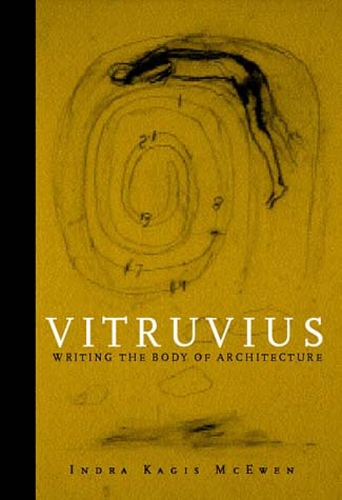
Vitruvius: Writing the Body of Architecture
(Paperback)
Publishing Details
Vitruvius: Writing the Body of Architecture
By (Author) Indra Kagis Mcewen
MIT Press Ltd
MIT Press
17th September 2004
United States
Classifications
Professional and Scholarly
Non Fiction
Literary studies: ancient, classical and medieval
720
Physical Properties
Paperback
508
Width 152mm, Height 229mm, Spine 27mm
612g
Description
Vitruvius's De architectura is the only major work on architecture to survive from classical antiquity, and until the eighteenth century it was the text to which all other architectural treatises referred. While European classicists have focused on the factual accuracy of the text itself, English-speaking architects and architectural theorists have viewed it as a timeless source of valuable metaphors. Departing from both perspectives, Indra Kagis McEwen examines the work's meaning and significance in its own time. Vitruvius dedicated De architectura to his patron Augustus Caesar, the first Roman emperor, whose rise to power inspired its composition near the end of the first century B.C. McEwen argues that the imperial project of world dominion shaped Vitruvius's purpose in writing what he calls "the whole body of architecture." Devoting each chapter to a different Vitruvian "body," McEwen addresses such topics as the relation of the book and its author to Augustus, the role of beauty in forging the new world order, and the nature and unprecedented extent of Augustan building programs.
Reviews
"Indra McEwen's book is an elegant and imaginative exploration of Vitruvius's intellectual horizons that allows us to look at De architectura with new respect. In her hands it transcends the dimensions of a technical handbook and becomes a window onto the Romans' conceptual construction of their world." - Andrew Wallace-Hadrill, Director, The British School at Rome, and Professor of Classics, Reading University
Author Bio
Indra Kagis McEwen is a postdoctoral fellow at the Canadian Centre for Architecture and lecturer at the National Theatre School of Canada in Montreal. She is the author of Socrates' Ancestor: An Essay on Architectural Beginnings (MIT Press, 1993).
